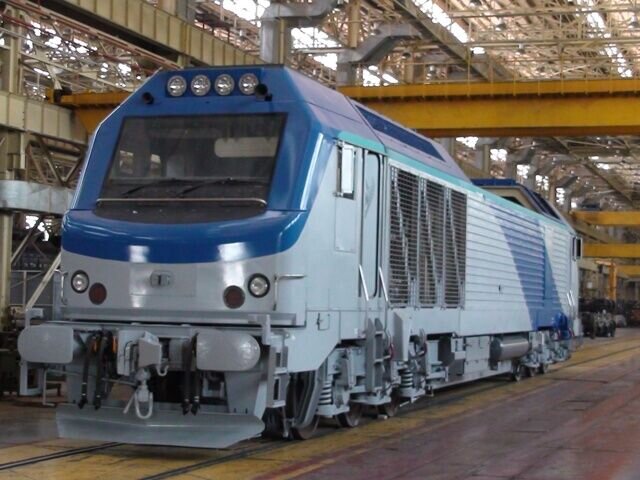Iran signs $750m investment deals in rail transport sector

TEHRAN – Iran on Sunday signed investment memoranda worth $750 million in the country’s rail transport sector, in the presence of the Minister of Transport and Urban Development, the head of the Islamic Republic of Iran Railways (RAI), private investors, and industry stakeholders.
Two agreements were inked between the RAI and two private firms—Avan Rail Passenger Trains Co. and Pars Ofogh Hashtgerd Agro-Industry Co.—aimed at bolstering the country’s passenger and freight rail capacities.
Under the first agreement, Avan Rail will invest $713 million to expand Iran’s passenger and locomotive fleet. The project involves the purchase of 600 tank wagons, 300 diesel multiple unit (DMU) passenger cars, and 50 locomotives.
The second agreement, worth $37 million, was signed with Pars Ofogh Hashtgerd to finance the procurement of 650 bulk freight wagons.
Nourollah Beiranvand, RAI’s Deputy for Investment and Transport Economy, said that under Iran’s Seventh National Development Plan, clear quantitative targets have been set for the rail sector—including raising rail’s share in national transport to 30 percent and boosting annual transit capacity to 40 million metric tons.
He noted that achieving these targets requires a comprehensive investment roadmap. "We are currently planning to attract $6.4 billion—equivalent to about 4.5 quadrillion rials—from the private sector for rail development, with 77 percent allocated to rolling stock and the remaining 23 percent to infrastructure."
Foreign financing to support rail development
Speaking at the signing ceremony of the memorandums, Jabbarali Zakeri, head of RAI, highlighted the use of foreign finance to expand the country’s rail network. “With the current network, we can raise freight and transit volumes to 15 million tons,” he said.
Zakeri emphasized that engaging stakeholders has been a key policy under the 14th administration, saying, “We’ve ensured that key players in the rail transport sector are actively involved in decision-making processes.”
He also pointed to the expansion of scheduled train services, noting that currently, 500 scheduled trains are operating each week.
Zakeri said that solving current challenges—particularly in rolling stock—would enable Iran to meet its Seventh Plan targets. “This includes the addition of 950 locomotives, 300 passenger wagons, and 3,000 freight wagons to the network.”
He added that the financing agreements involve international lenders, although he declined to name the countries involved, noting that the private sector has been directly engaged in the foreign financing arrangements.
EF/MA
Leave a Comment